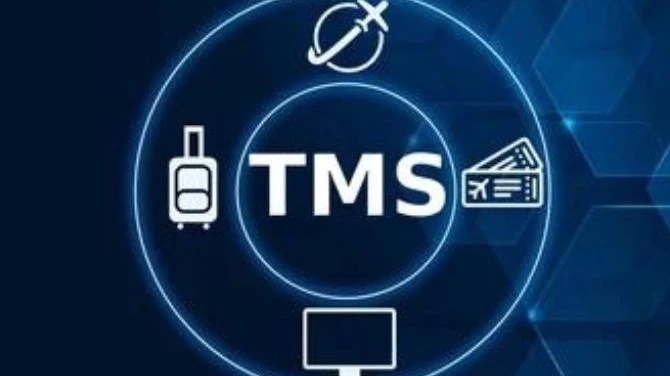Mental health has long been a complex field, with treatments ranging from medications to psychotherapy. However, a groundbreaking approach is changing the landscape: Transcranial Magnetic Stimulation (TMS). This non-invasive therapy has shown remarkable results in treating various mental health conditions, offering new hope to many.
Understanding TMS TherapyTMS is a form of brain stimulation therapy. It involves using magnetic fields to stimulate nerve cells in the brain, primarily targeting areas involved in mood regulation. Unlike traditional treatments, TMS does not require medication and is free from many of the side effects associated with antidepressants.
III. The Consultation Process
Before beginning TMS, patients undergo a detailed consultation with a healthcare provider. This process includes a review of medical history, discussion of current mental health issues, and an assessment to determine if TMS is a suitable treatment option.
Preparing for TMS Treatment
Patients often have many questions about what to expect from TMS. Sessions typically last around 30-60 minutes and are conducted several times a week for four to six weeks. During treatment, patients remain awake and alert, and they can resume normal activities immediately afterward.
The Treatment ProcessDuring each session, a magnetic coil is placed near the head. The device then delivers magnetic pulses to specific brain regions. The procedure is painless, with some patients reporting a light tapping sensation on the scalp.
Results and EffectivenessThe effectiveness of TMS Treatment NJ can vary, but many patients report significant improvements in their symptoms. Some notice changes as early as two weeks into treatment. The benefits of TMS can include reduced depression and anxiety symptoms, with effects that can last for several months or longer.
VII. The Benefits of TMS Therapy
One of the key benefits of TMS is its non-invasive nature, making it an attractive option for those hesitant about medication or more invasive treatments. It has a strong safety profile and is generally well-tolerated by patients.
VIII. Challenges and Considerations
While TMS is an exciting development in mental health treatment, it's not suitable for everyone. It's essential to discuss potential side effects, which are typically mild, with a healthcare provider. Additionally, navigating insurance coverage for TMS can be a challenge.
The Future of TMS in Mental Health CareThe future of TMS looks promising. Ongoing research is exploring its potential in treating other conditions, such as PTSD and chronic pain, indicating its versatile role in future psychiatric and neurological treatments.
How to Access TMS Therapy New JerseyAccessing TMS therapy involves consulting with a medical professional who specializes in mental health. They can provide guidance on treatment options and help navigate insurance and financial considerations.
ConclusionTMS therapy represents a significant leap forward in mental health treatment. Its ability to provide relief where other treatments have failed is not just promising; it's revolutionary. For those struggling with mental health issues, TMS offers a new avenue for hope and healing.



